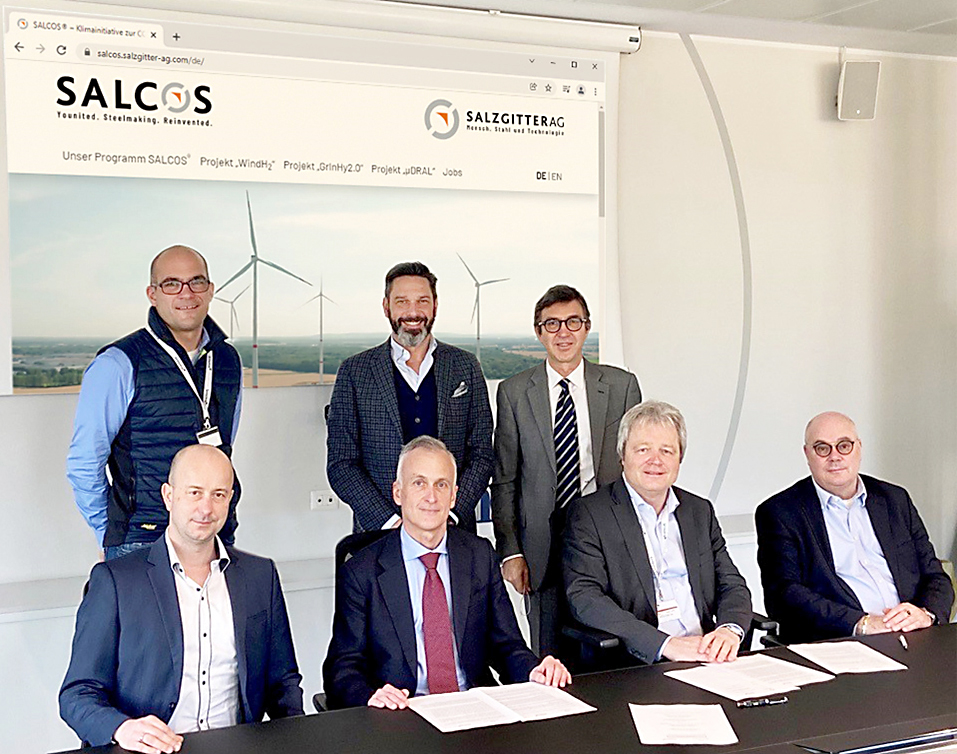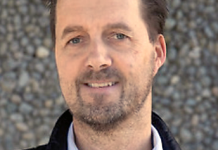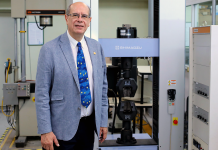
Salzgitter AG and Tenova are stepping up their close technical cooperation and have concluded an important agreement for the realization of SALCOS® – SALzgitter Low CO2-Steelmaking.
The two partners have signed a Memorandum of Understanding, thereby substantiating their close cooperation in the next steps toward realizing SALCOS. Conditional on the respective funding approvals, Salzgitter AG intends to order a DRI plant from Tenova with an annual capacity of 2.1 million tons for the future industrial production of directly reduced sponge iron. The plant will be based on the ENERGIRON® technology, jointly developed by Tenova and Danieli.
Tenova affirms its interest in realizing this project together with Salzgitter AG and, beyond this, in cooperating closely in future facilities projects in the areas of development, production, installation, and construction of plants of this kind.
In signing the Memorandum of Understanding, the two companies reaffirm their cooperation based on a spirit of partnership and their joint determination to start construction work on the first stage of SALCOS as early as the summer of this year.
SALCOS is a ground-breaking program designed to significantly reduce CO2 emissions in steel production. The program is aimed at achieving a gradual transformation process away from carbon-intensive conventional steel production and toward direct reduction with the flexible and increasing deployment of hydrogen. Ultimately, CO2 emissions in the process chain can be reduced by more than 95 percent and, upon full implementation, avoid one percent of Germany’s entire CO2 emissions.
“The agreement with Tenova is a momentous milestone in the implementation of the SALCOS program. It enables us to be in a position to commence directly with the construction phase for realizing low CO2 steel production, once approval has been given to the public funding requested. SALCOS secures the future sustainability of Salzgitter as a steel location and the jobs there,” said Gunnar Groebler, chief executive officer of Salzgitter AG.
“Tenova has invested hugely in recent years in developing technologies to substantially reduce energy consumption and improve steel production’s environmental footprint. In this landmark development, hydrogen plays a central role and the SALCOS concept could become a decisive milestone for our industry,” said Roberto Pancaldi, chief executive officer of Tenova.
MORE INFO www.tenova.com or www.salzgitter-ag.com/de
























